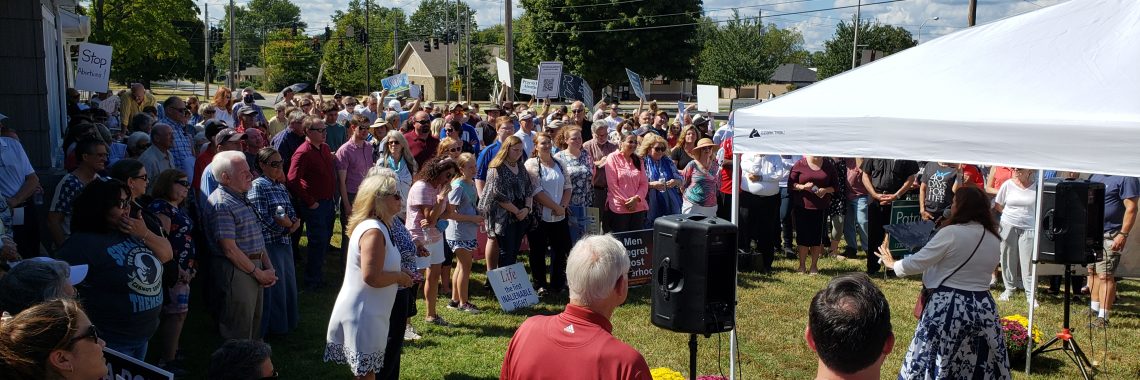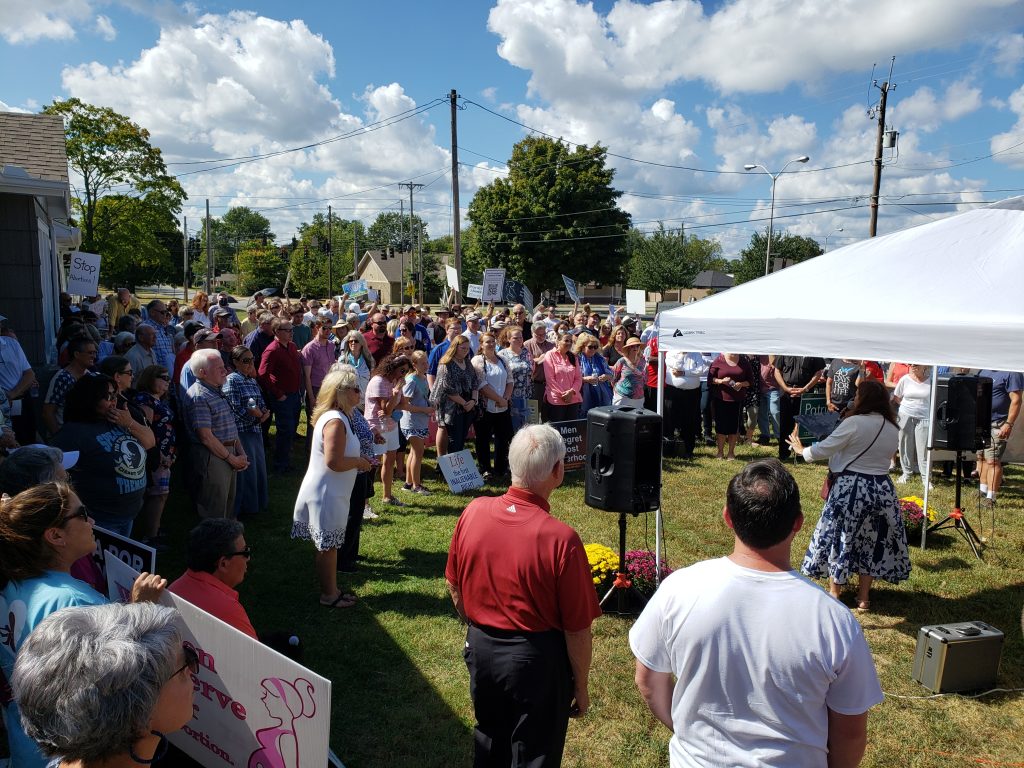Faulkner County Declares Itself Pro-Life

On Tuesday night the Faulkner County Quorum Court passed a resolution affirming that it is pro-life.
The resolution reads,
A RESOLUTION AFFIRMING THE COMMITMENT OF FAULKNER COUNTY, ARKANSAS TO PROTECTING THE UNALIENABLE RIGHT TO LIFE OF EVERY PERSON; AND, DECLARING FAULKNER COUNTY, ARKANSAS TO BE A PROLIFE COUNTY.
WHEREAS, the Declaration of Independence declares that all men are created equal, and that they are endowed by their Creator with certain unalienable rights, including the right to life; and
WHEREAS, Amendment 68 to the Arkansas Constitution states that the policy of the State of Arkansas is to protect the life of every unborn child from conception until birth; and
WHEREAS, it is the duty of state and local governments to protect the unalienable right to life of every person within their respective jurisdictions; and
WHEREAS, the United States Supreme Court stated in Poelker v. Doe, 432 U.S. 519 (1977), that the United States Constitution does not forbid a municipality, pursuant to democratic processes, from expressing a preference for normal childbirth instead of abortion;
NOW, THEREFORE, BE IT RESOLVED BY THE QUORUM COURT OF FAULKNER COUNTY, ARKANSAS:
Section 1: It is the policy of Faulkner County, Arkansas to promote and protect the dignity and humanity of all persons at all stages of life from conception until natural death.
Section 2: The Faulkner County, Arkansas declares itself to be a Pro-Life County. Passed by the Quorum Court on September 21, 2021.
Faulkner County is the eighth in Arkansas to pass a good, pro-life resolution like this one.
Similar measures have passed in Washington, Benton, Crawford, Cleburne, Pope, Jackson, and Saline counties.
Any city, town, or county in America can pass a pro-life resolution like the ones that these municipalities have passed.
If you would like to learn more about how you can pass a pro-life resolution in your community, give Family Council a call at (501) 375-7000.






